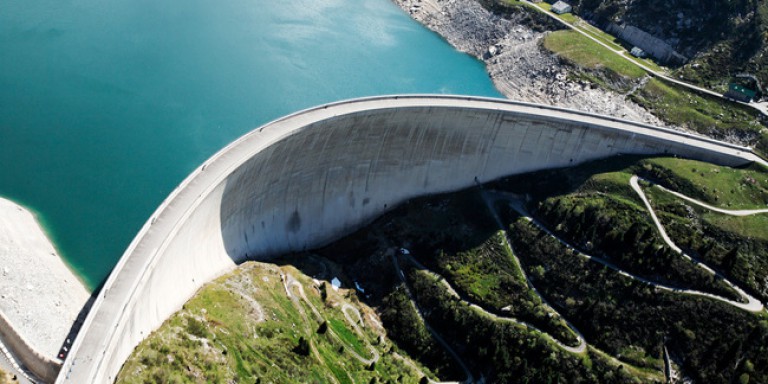Voters Pass Swiss Energy Policy to Transition Away From Nuclear
Posted May 23, 2017 by Ryan Fitzgerald | A Nuclear World

On May 21st, Swiss voters passed a referendum that will prevent the construction of new nuclear power plants as well as basic additions to any of the five currently active power plants in the country. Hydro is Switzerland’s current leading energy source consisting of about 56% of all energy production, followed by nuclear which accounts for about 39% of energy production. The new Swiss energy policy will begin a gradual transition away from nuclear energy towards an increase in renewable sources such as geothermal, solar, hydro, biomass, and wind. The first nuclear plant is set to begin decommissioning in 2019.
Critics of the policy cited cost as the biggest concern, but the Swiss Parliament encouraged voters to support the referendum.
The Federal Council and Parliament both recommended that voters accept the proposal, claiming it will lead to a gradual withdrawal from nuclear energy and ensure that Switzerland can reduce its energy consumption and dependence on imported energy from fossil fuels, while increasing the proportion of local renewable energy sources used. This, it says, will bring investment and jobs in Switzerland, thus benefiting the population and the economy.
The referendum is a revision to The Energy Strategy 2050, which was passed just last year. Drafting of the energy strategy was prompted by the devastation resulting from the Fukushima Daichii accident in 2011, and aims to replace nuclear energy and fossil fuels with renewable energy sources. Much innovation is still needed for renewable resources to become the sole energy source for the country. The policy will fund the research needed by collecting nearly 500 million dollars annually from energy consumers. It is likely that Switzerland will need to increase its dependence on fossil fuels to meet energy demands of consumers as the nuclear plants begin decommissioning, which is the primary reason the transition from nuclear will happen slowly.
The forward thinking Swiss energy policy helps set precedent for the future of energy production. Fossil fuels and nuclear energy present great risks the global and environmental health, meaning a transition towards clean renewable energy is necessary to protect the future.
Comments ( 0 )